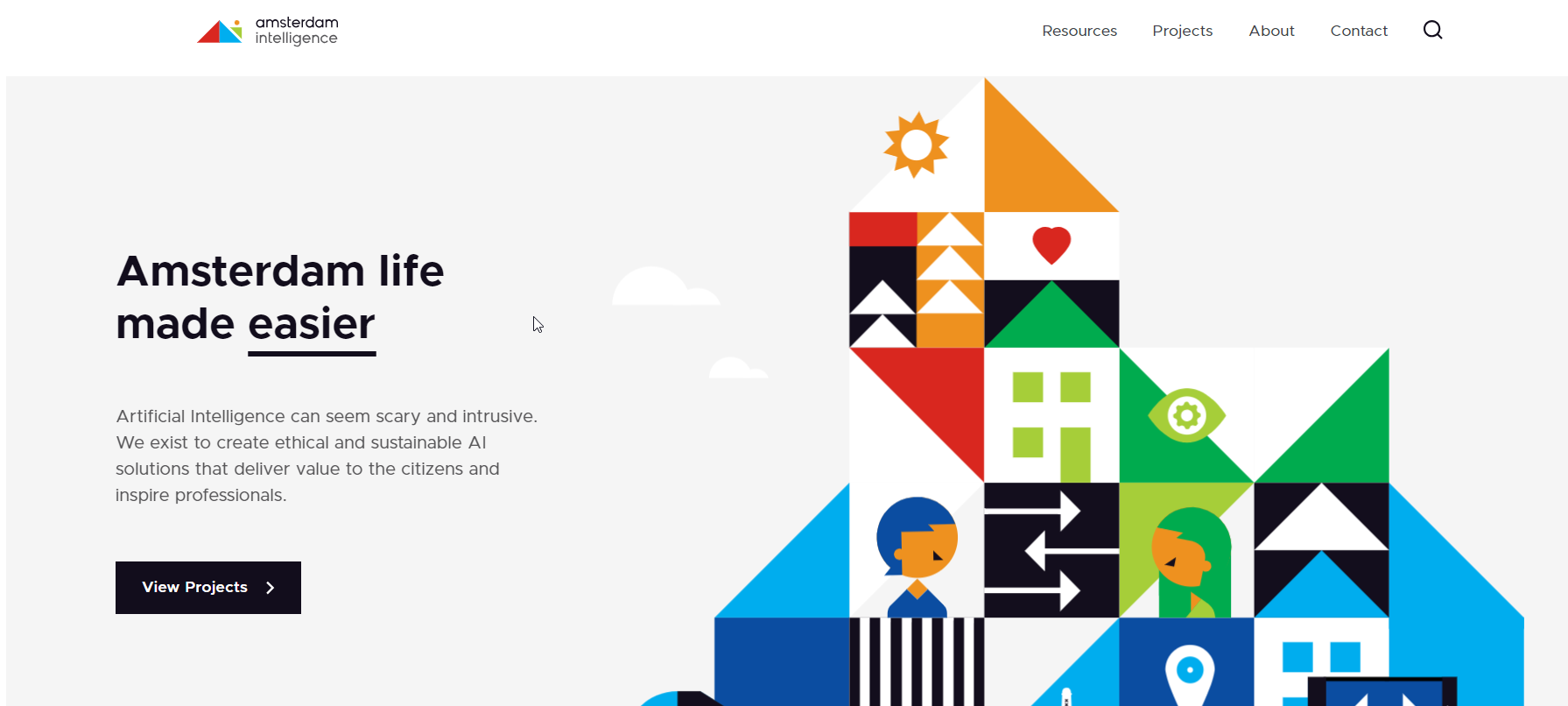Why Germany’s Resistance to Change Is Driving Away Business and Innovation: A Dutch Perspective
As a Dutch professional living in Germany, I’ve witnessed firsthand how Europe’s largest economy is slowly suffocating under its own weight of tradition, bureaucracy, and fear of change. While our countries share a border, the cultural and digital divide between them feels more like an ocean.
The Digital Desert
Germany, ranked 23rd in digital competitiveness, seems stuck in the analog age while the Netherlands (ranked 2nd) has embraced the future.


In my home country, we’ve created a seamless digital infrastructure: one card for all public transport, cashless payments everywhere, and cloud-based solutions for everyday services. Meanwhile, Germans cling to their cash and paper-based bureaucracy like a security blanket.


The Paralysis of Perfectionism
German business culture is crippled by its obsession with perfection. Managers spend countless hours planning for problems that may never exist – what I call “hystery.” While German teams are still discussing potential issues in their third planning meeting, Dutch companies have already launched, learned from real feedback, and improved their products.
Fear of Failure Kills Innovation
In the Netherlands, we embrace failure as a learning opportunity. Our teams are encouraged to try new approaches and learn from mistakes. In Germany, failure is treated like a cardinal sin. This creates a culture of fear where innovation dies and employees are afraid to take initiative. How can you innovate when you’re paralyzed by the fear of making a mistake?
The Hierarchy Trap
German companies remain stubbornly hierarchical, with endless titles and rigid structures. Meetings are one-person shows where the highest-ranking person speaks while others listen passively. Compare this to Dutch meetings, where everyone comes prepared to contribute and decisions are made collectively. We expect active participation and value results that satisfy the entire team.
The Cost of Resistance
This resistance to change and modernization is having real consequences. Major companies are leaving Germany, frustrated by analog bureaucracy and inflexible systems. Meanwhile, countries like China are surging ahead, particularly in industries Germany once dominated. German car manufacturers, still proud of their engineering excellence, are being outpaced by Chinese competitors who understand that modern vehicles need to be smart, connected digital platforms – not just well-engineered machines.
The Path Forward
Germany needs to understand that it can no longer rest on its laurels. The qualities that made it successful in the 20th century are becoming liabilities in the 21st. Other nations have caught up on quality and engineering while surpassing Germany in digital innovation and agile business practices.
Looking at countries as companies competing in the global marketplace, Germany is running like a outdated corporation stuck in the 1980s, while countries like the Netherlands operate like modern tech companies – lean, digital, and adaptive to change.
Conclusion
As a Dutch professional, it’s frustrating to watch Germany’s potential being squandered by its resistance to change. The digital transformation isn’t coming – it’s already here. Unless Germany can overcome its fear of innovation, embrace failure as a learning opportunity, and modernize its bureaucratic systems, it risks becoming increasingly irrelevant in the modern global economy.
The time for endless planning and perfect solutions is over. In today’s fast-moving world, it’s better to act, learn, and adapt than to spend years planning for problems that may never materialize. As we say in Dutch, “We’ll see where the ship runs aground” – but at least we’re sailing, while German ships remain safely anchored in harbor, planning for perfect weather that never comes.

The Age of Digital Transformation Has No Age Limit
As an agile and digital expert who began my digital journey at age 54, I’ve experienced another troubling aspect of German business culture: the belief that people over 50 are too old to learn or understand modern technology. This mindset is not just discriminatory – it’s devastating to innovation and progress.
In the Netherlands, we understand that digital transformation and agile methodologies aren’t about age – they’re about mindset and willingness to learn. I’m still learning every day, embracing new technologies and approaches. Meanwhile, Germany loses valuable talent and experience through its rigid thinking about age and capability.
The painful truth is that while Germany talks about digitalization and agility, there’s a fundamental lack of understanding about what these concepts really mean. It’s not just about using digital tools or following agile ceremonies – it’s about embracing a completely different way of thinking and working. This knowledge gap is holding the country back from true digital transformation.
